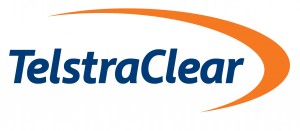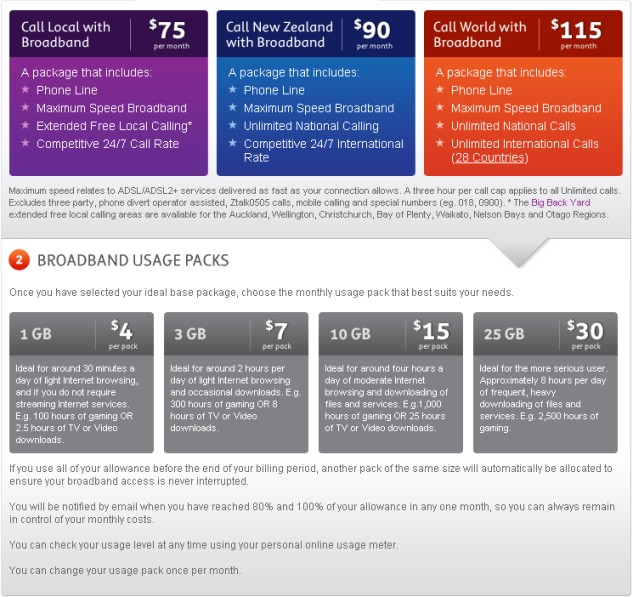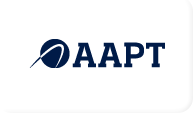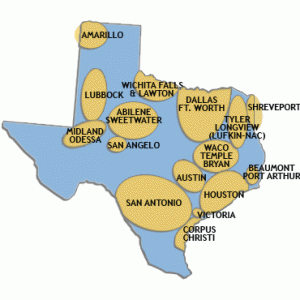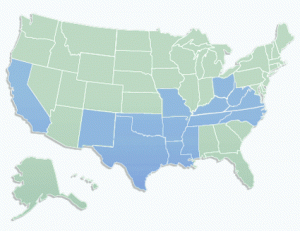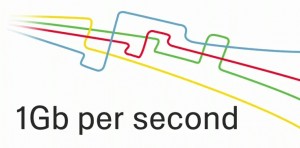Some broadband customers in New Zealand are treating their monthly usage allowances as usage targets, dedicated to ringing every last penny of value out of the Internet Overcharging schemes. That means bandwidth usage increases just because customers don’t want to leave their remaining allowance on the table at the start of a new month.
PC World New Zealand notes “caps are essentially stupid” because your allowance resets at the end of every billing cycle:
If I’m away for a month and use zero bytes, it costs just the same as if I’d used my full 20GB. This wouldn’t be so galling if some allowance were made for under-utilising my capacity. It doesn’t have to be a 1:1 thing or roll over from month to month, but some concession would be nice. Perhaps a 1:2 ratio that must be used within the next billing period; in this case an allowance to go up to 30GB in the next month seems reasonable.
That would also get around the other irritating thing about data caps, the punitive charges if you go a single byte over your limit. In the case of TelstraClear it’s $2.95 per GB or part thereof.
Readers shared their two cents:
I have a 40GB cap which I regularly go over. Telscum charge $20/Gb so it hurts like hell. I tried [switching] to TelstraClear but after three months all I had from them was a bill for services I didn’t receive.
We have 20Gb shared between the three of us and it is rare to go over but we do try like you to use it all up simply because we have paid for it. There is a company in NZ that allows you to roll it over it is Trust power Kinect. A friend uses them and roughly every three months he reckons he can save a month. You do need to have your power and phone with them though and for us it would actually work out more expensive but for others it might not. I do think caps suck though and wish they could be scrapped as I think we would actually use less bandwidth.
I think this part of the world and UK is an exception when it comes to data caps. In Europe data caps are very rare (except in UK which is not typical for Europe in any aspects). Being from Sweden I was a bit surprised moving to NZ and discovered data caps as well as very slow and expensive Internet. Sweden is similar to NZ (e.g. size, population) so it’s a fair comparison. You are being ripped off!
I almost always go over my 80GB. I pay for going over at the $2.95 per GB. Most months I do about 100GB. So last year when I did 262GB in the month it cost quite a lot, total bill was over $500. As a big data user I have no issues with paying more than little data users but bigger plans are needed. Looking at rates in other parts of the world I should be able to get a 250GB package for about $150 or $180, and that still leaves a good profit for the telco. Don’t get me started on 3G data costs….
[flv]http://www.phillipdampier.com/video/TelstraClear.flv[/flv]
An assortment of advertising from TelstraClear New Zealand. (3 minutes)


 Subscribe
Subscribe